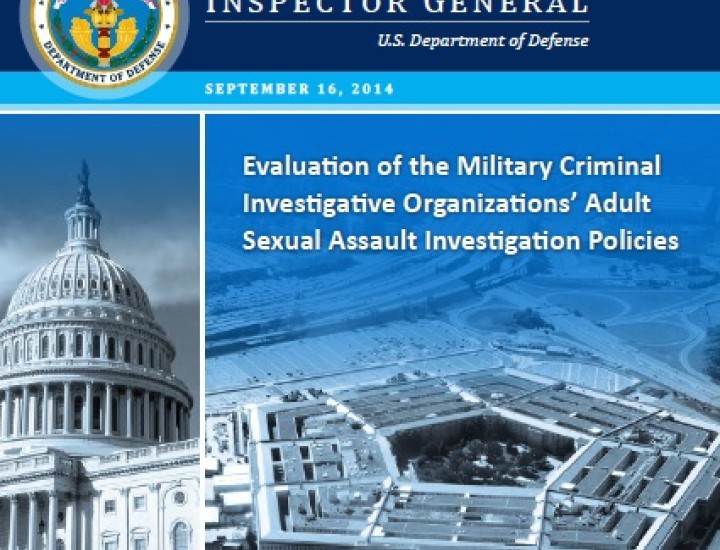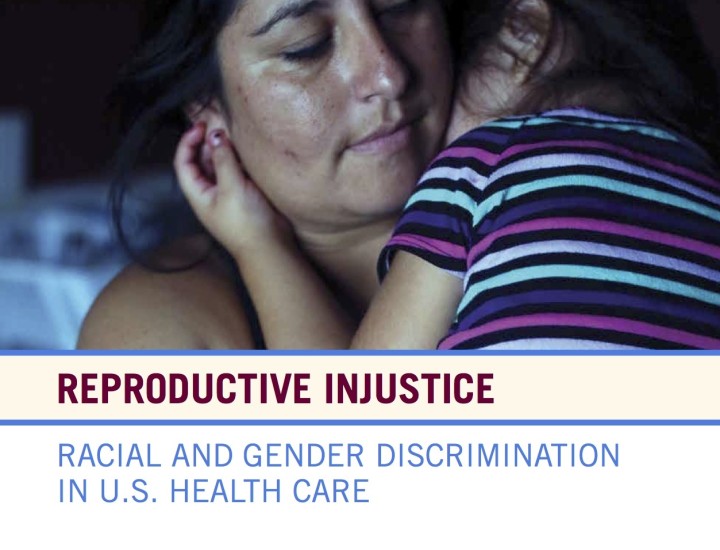Published July, 2014
The Affordable Care Act, The Supreme Court, and HIV: What are the Implications?, The Henry J. Kaiser Family Foundation (2012)
In light of the Supreme Court ruling in National Federation of Independent Business v. Sebelius, the Secretary of Health and Human Services has limited authority to enforce the Affordable Care Act (ACA). Nevertheless, the ACA has the potential to significantly expand access to and improve the quality of health care for people with HIV, especially with the National HIV/AIDS Strategy for the United States focus on reducing the number of new infections, increasing access to care, and reducing HIV-related health disparities.
This guide from the Kaiser Family Foundation explores the major HIV-related provisions of the ACA, which include improvements to Medicare and Medicaid, benefits standards, insurance protections for consumers, prevention and public health funds and services, and new investments in health centers. It further addresses the uncertainty of states’ responses to the Supreme Court ruling, as well as specific opportunities and challenges for using the ACA effectively to expand the reach of health care coverage to all people with HIV.
Copyright Information: CHLP encourages the broad use and sharing of resources. Please credit CHLP when using these materials or their content. and do not alter, adapt or present as your work without prior permission from CHLP.
Legal Disclaimer: CHLP makes an effort to ensure legal information is correct and current, but the law is regularly changing, and the accuracy of the information provided cannot be guaranteed. The legal information in a given resource may not be applicable to all situations and is not—and should not be relied upon—as a substitute for legal advice.

